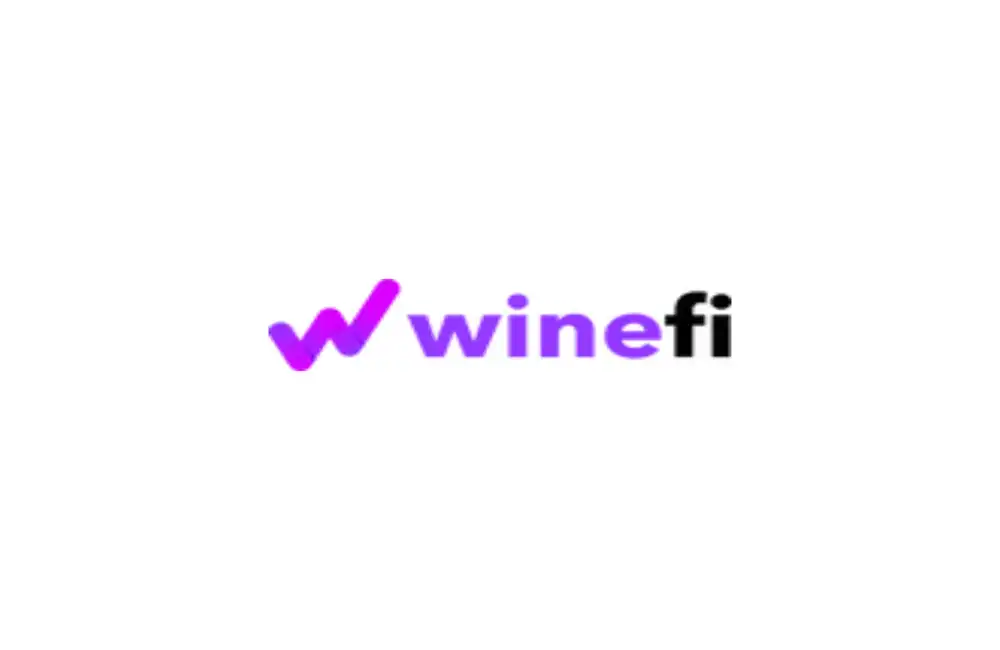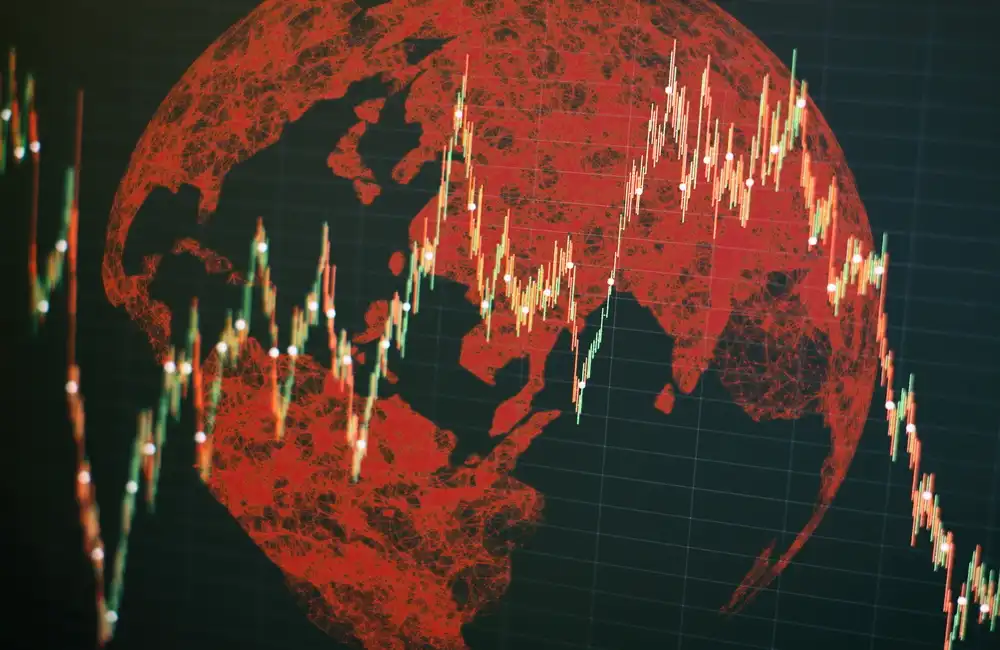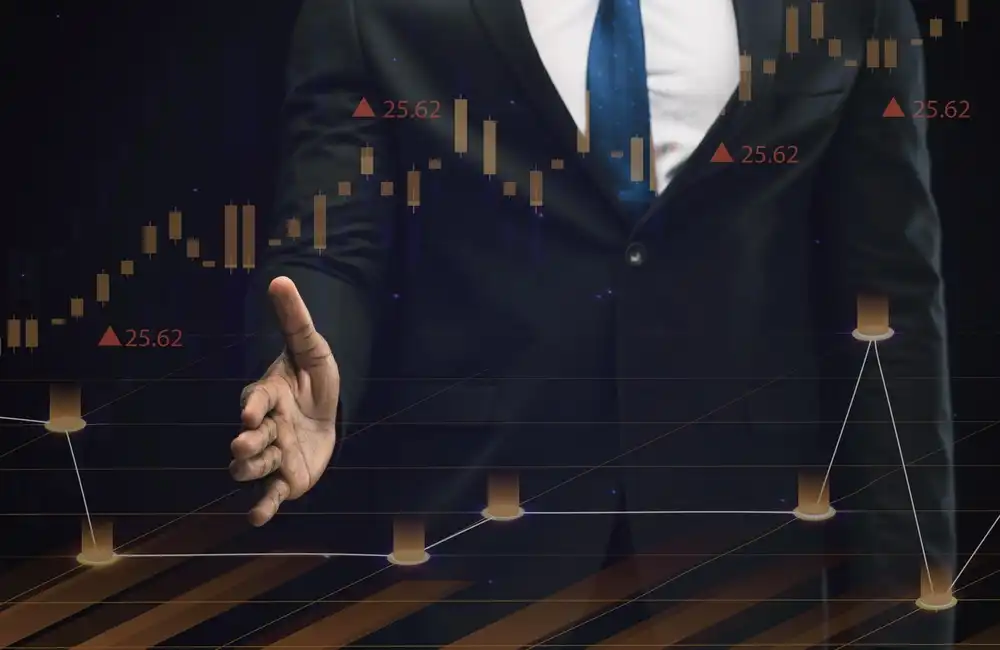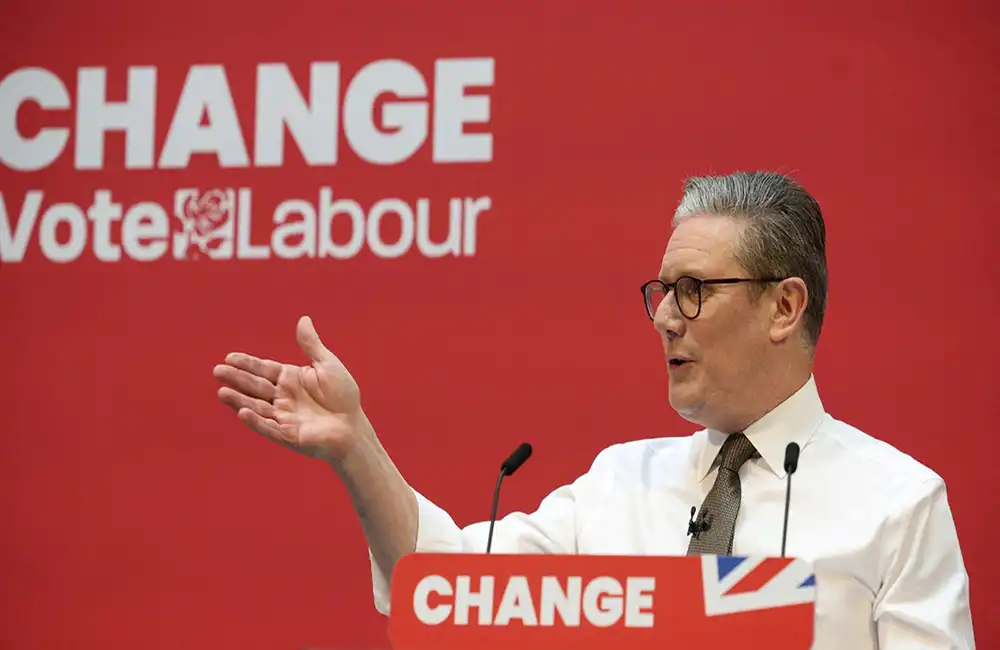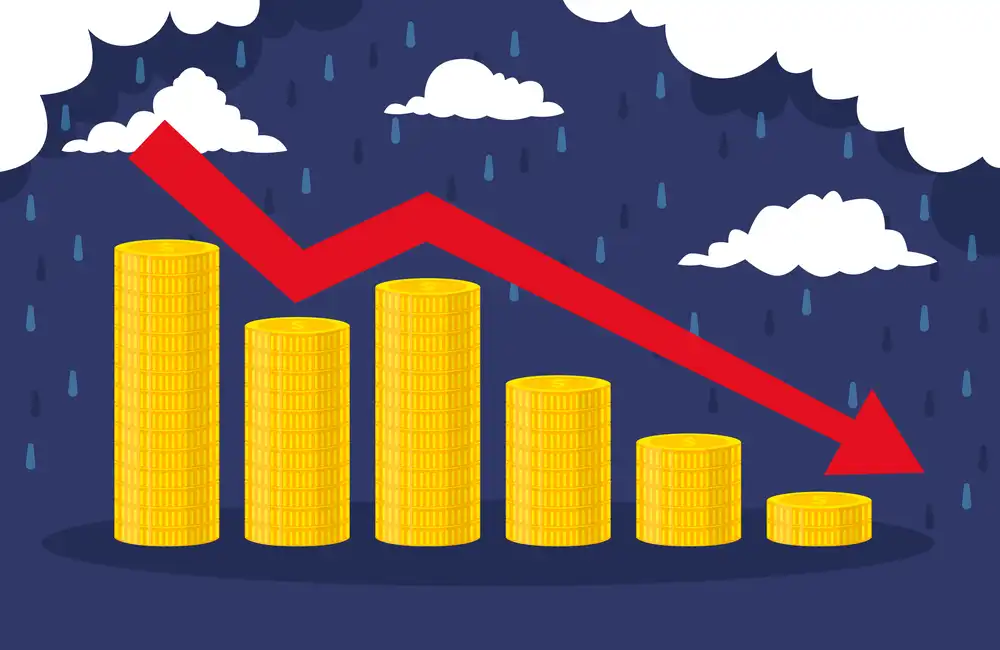Global trade behaviour affects economic stability, investment confidence, and capital market operations.
Impact of US Tariffs on Global IPO Markets
President Trump's implementation of extensive US tariffs has disturbed existing market dynamics, created financial market disruptions, and directly affected European IPO operations. This research examines the interconnection between worldwide trade disputes and IPO markets by analysing delayed IPOs and provides investment risk mitigation strategies during uncertain periods.
Global Economic Policies Affect Market Stability
U.S. tariffs have produced substantial effects throughout the worldwide marketplace.
Introducing new US tariffs at the start of the year triggered widespread disruptions across global equity markets. Within a few trading sessions following the announcement, the Dow Jones dropped 9.3%, the S&P 500 fell 10.5%, and the Nasdaq declined 11.3%. European markets experienced a similar downturn as the Stoxx 600 index fell 7.56% within this period, according to Dealogic. Market movements show how trade policies increasing costs and restricting market fluidity lead to greater volatility and reduced investor trust.
Such turbulence is poison for IPOs. The CBOE Volatility Index (VIX) reached 50, marking its highest point since the COVID-19 pandemic, while serving as an important measure of global market fear. The unpredictability surrounding IPOs presents a barrier that cannot be overcome because capital market success depends on reliable predictability.
Disruption of Market Stability
Sudden changes in trade policy create destabilisation that affects more than just stock market indices. Investors change their risk attitudes by either withholding funds or selecting safer investment options, creating a domino effect. Heightened market risks lead to IPOs being postponed or cancelled since they depend on consistent demand for valuation accuracy. Companies preparing to enter the public market frequently find themselves forced to overhaul their initial listing strategies or postpone their plans indefinitely due to market unpredictability.
A Look at Some European IPO Postponements
Klarna and 1Komma5 Grad Postponements
Recent high-profile IPO delays demonstrate the consequences of current market volatility. The Swedish buy-now-pay-later company Klarna and the German sustainable energy firm 1Komma5 Grad delayed their US IPOs because of the current market turmoil (Source: Dealogic). These companies' business decisions demonstrate how established market players must adjust their financial plans and launch timelines due to geopolitical disruptions.
Klarna delayed its IPO because trade tensions are reducing fintech company valuations while market conditions remain unstable. The German sustainable energy company 1Komma5 Grad postponed its listing because it expected difficulty raising funds from cautious investors looking to invest in the green energy sector.
Wider European Implications
European companies continue to delay their listings beyond this list. Both Stada from Germany and Cirsa from Spain deferred their planned 2025 IPOs. Odido and Verisure stay on standby as minimal evidence suggests market conditions will advance.
The postponement of several IPOs demonstrates a significant transformation in the European IPO market dynamics. The market has shifted from bold growth projections to cautious navigation because of unpredictable global economic conditions worsened by protectionist trade policies.
Strategies for Investors to Mitigate Risks
Geopolitical uncertainties create challenges while simultaneously creating strategic openings. Investors who want to survive economic turbulence must take preemptive action.
- Diversification: Diversify across asset classes, geographies, and industries. Investors minimise risks by reducing their exposure to any one market segment that faces trade policy consequences. Healthcare and green energy sectors demonstrate greater resilience by providing stability when technology and consumer goods sectors struggle during trade disputes.
- Stay Updated on Policy Changes: Markets react immediately based on changes in geopolitics, tax policies, tariff updates and central bank decisions. Developing a habitual practice of tracking trustworthy financial sources and using tools to compile policy updates helps you gain valuable market foresight.
- Focus on Quality Investments: During volatile markets, sustainable businesses outperform businesses burdened with excessive debt or speculative investments. Choose companies with strong cash flow, robust business models, and proven ability to adapt to external pressures. These factors help reduce both potential risk and adverse outcomes.
- Identify Unforeseen Opportunities: Market disruptions generate potential opportunities for businesses and investors. Companies facing IPO delays may opt to raise private equity through discounted valuations, creating strategic long-term investment opportunities. Investors can examine intermittently available equity through block trades during volatile market times, according to Dealogic.
- Monitor Monetary Policy Responses: Central banks respond to trade tensions by implementing rate adjustments or quantitative easing to increase market liquidity. By monitoring central bank actions from global entities such as the US Federal Reserve, ECB and Bank of England, investors can predict market sentiment shifts and take advantage of market stability when it returns.
Concluding Thoughts
The impact of US tariffs demonstrates how vulnerable IPO markets remain to international economic policy changes. The IPO pipeline in Europe has become disorganised because of the high volatility over the past few years, which has forced Klarna and other businesses to suspend their market entry plans.
Because of these uncertainties, investors face both obstacles and potential gains. Investors must develop a strategic approach that combines diversification, knowledge, and proactive measures. Investors can minimise risks and establish themselves for future gains by targeting strong industry sectors, staying updated on geopolitical and monetary policy shifts, and taking advantage of discounted investment options.
Investors who comprehend the relationship between international trade movements and market dynamics gain essential knowledge to maintain a competitive edge despite future uncertainties.


